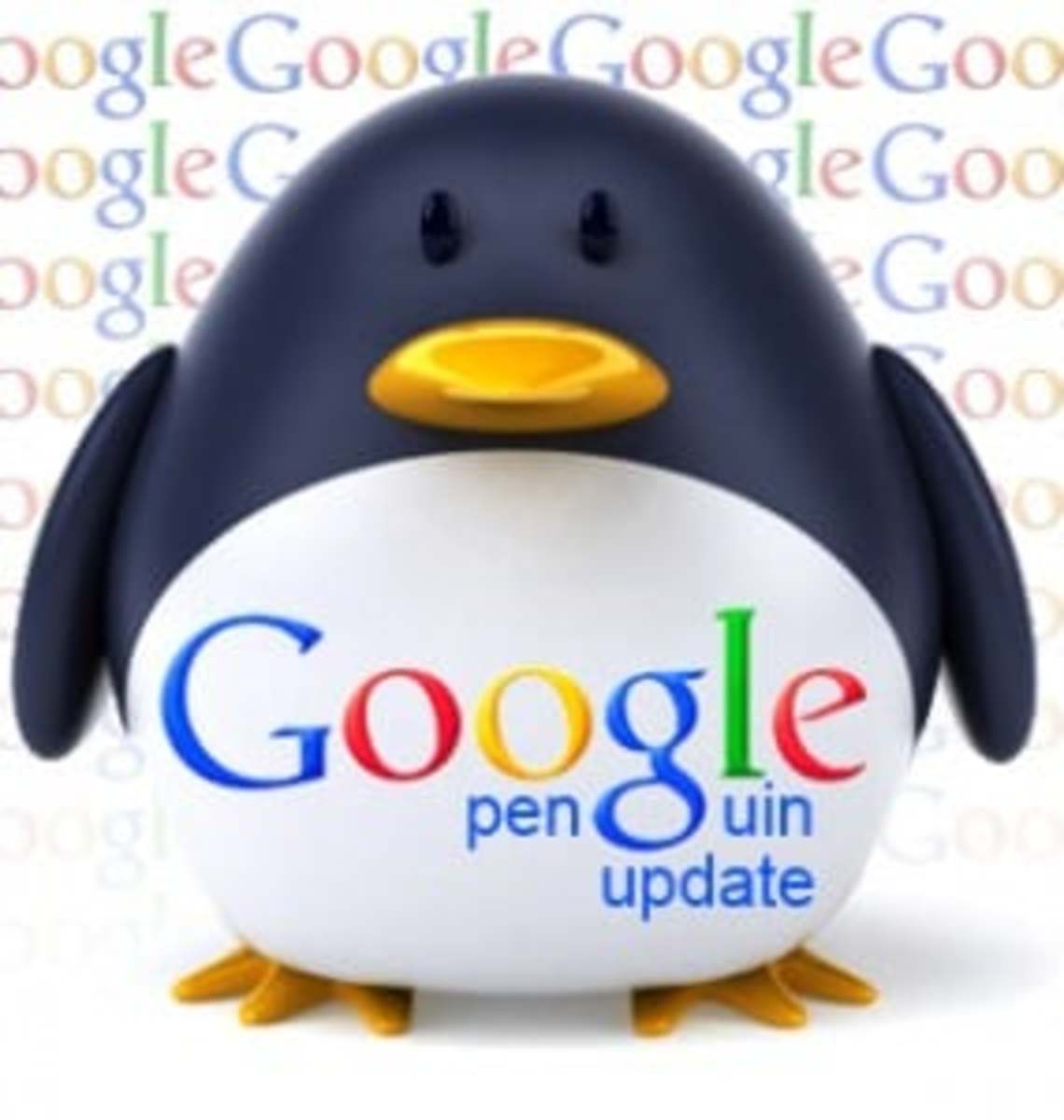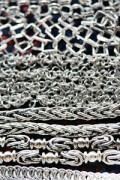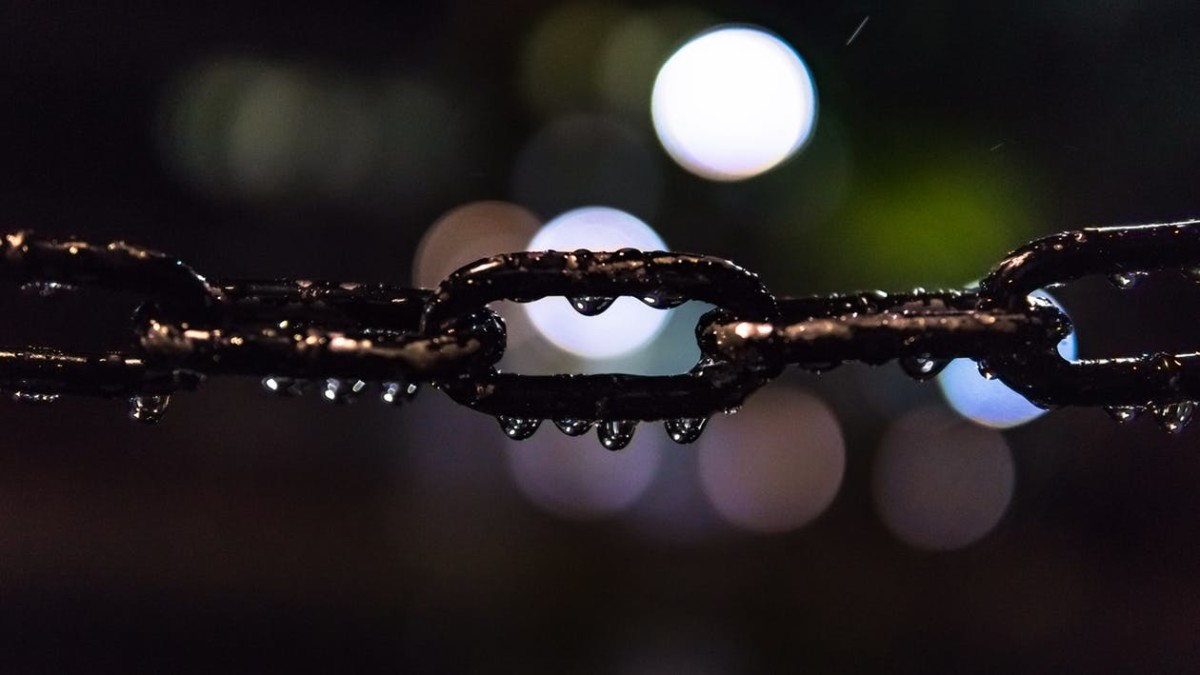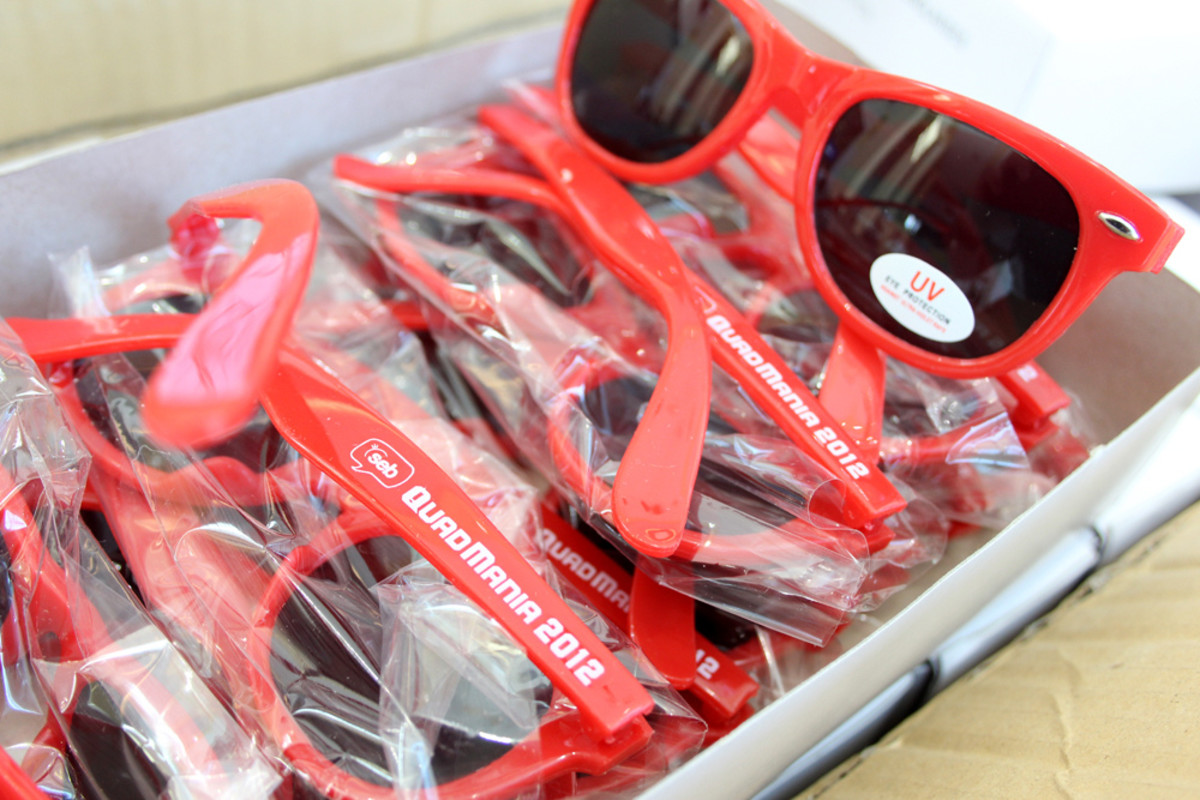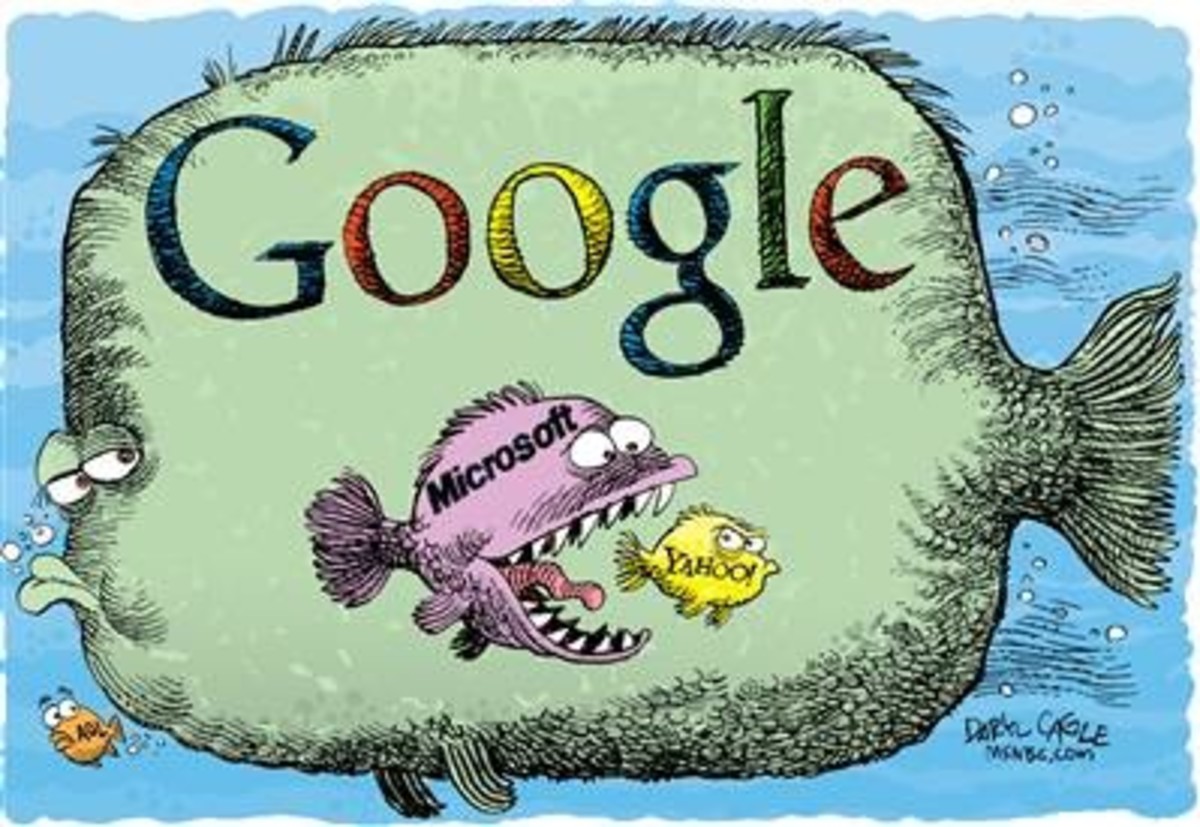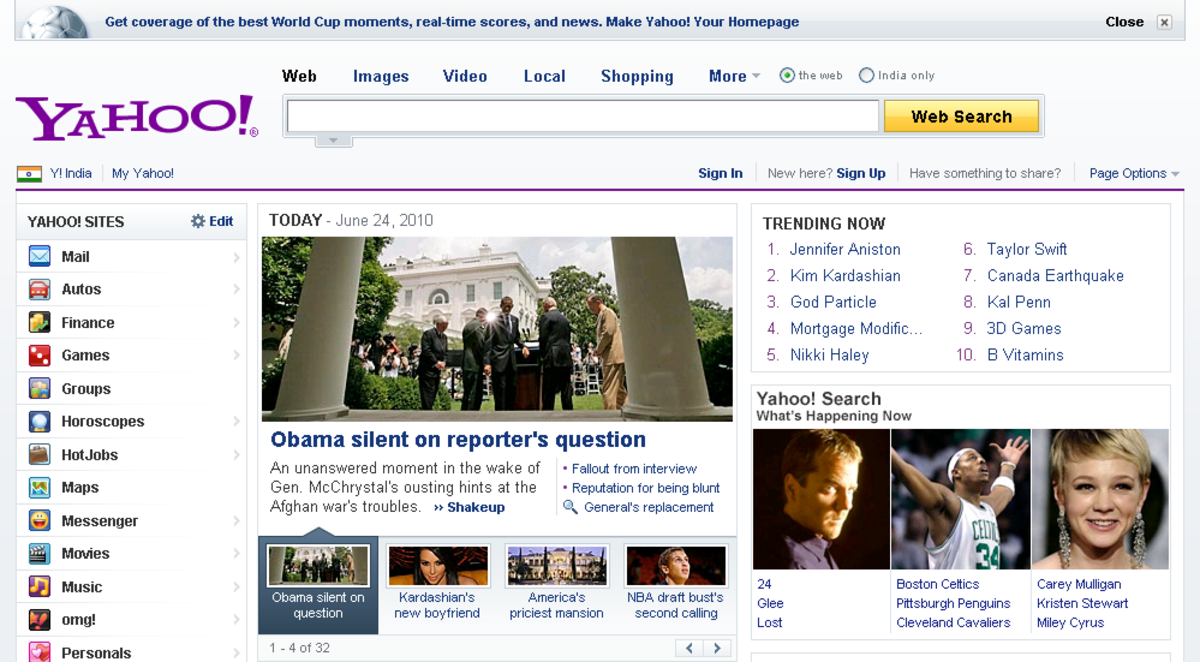SEO after Penguin Update - 5 Tips For Bouncing Back
How to stay secured in an online business
Simply building a website and getting away with its mediocre or low standard is now a thing of the past. People without SEO knowledge who thought that they could succeed in their online business if they had the money to buy links and increase their site's online presence have been thrown out of the web with no trace of them on the search engines.
This has led to a huge financial loss for the business owners who had been depending heavily upon paid links for increasing their sales. Matt Cutts, head of Google's web spam team, explained that this algorithm update from the big G has been aimed at removing spam content and websites that created unnatural links within a very short time. Google will look at sites that are over-optimized with keyword stuffing and unrelated content very strictly in the future.
No more cheating
The penalty for tricking Google into believing that their website conforms to the guidelines for ranking high has been huge. The Penguin update has indeed sent a strong message to online entrepreneurs and it is a reminder to them to do their homework well.
Lack of SEO knowledge can hurt your business badly. It is certain that such algorithmic updates as the Penguin are going to be a part and parcel of the online process and this is a warning to the webmasters to either start afresh or make tweaks accordingly so as to make your website conform to the required standards.
How to survive the Penguin update
Websites that have been following the quality guidelines prescribed by Google have not been hit by the Penguin update. This clearly shows that Google is attaching more importance to relevance and quality. Let's now see what steps we can follow to revive the sites badly hit by this update.
1. Create high quality links
Inbound links with relevant anchor texts coming from pages with high PR are surely the most essential links for a successful website. These high value links increase the link authority of your domains. Work towards creating quality links that would help you rank high on the search engines and stay there too.
A link profile that is created with the big G's guidelines in mind will help you survive future algorithmic updates that are sure to happen periodically. Take care to build links naturally, a few at a time and on websites that are relevant to your niche.
2. Change in URL
When you redesign your website it is quite common to change the URLs. This is a serious error as it takes away the power of the inbound link. Take care to avoid this mistake and you are better off.
3. From a different perspective
Put yourself in your customers' shoes and view your site. Devote your time to improve your website so as to increase the organic traffic and the resulting conversions. Relevant content is what Google will always look for in a good website.
4. Paid links
Never resort to buying links for, as has been the case with the slapping of several blog networks after the Penguin, Google looks at such links with suspicion. Google has, by resorting to the Penguin update, confirmed the fact that at any cost, spamming sites will be hit hard and there has been no exception to the rule.
5. Make changes to your website
There can be no better time than now for you to evaluate your website, clear it of any worthless links and improve the content so that you can avoid future damages to your site. As for the rankings lost, one can't say for sure whether they can be restored or not because there is no magical guarantee about a site's come back in the SERP. However, Penguin update has proved that only ethical and honest businesses can survive online and become successful and the rest have to be dumped.
Has your online work been affected by the Google Penguin and Panda updates?
Monitor your website's development
The above mentioned suggestions will help you salvage your website after Penguin. Above all the most important thing to do is to monitor your progress. This is often a neglected factor. See that your site content is indexed because any SEO that you do without confirming this fact will prove futile. Set up Google analytics to monitor your traffic. Start working again-slowly but steadily without repeating the earlier mistakes-to improve the rankings of your website and you will soon see positive results.


